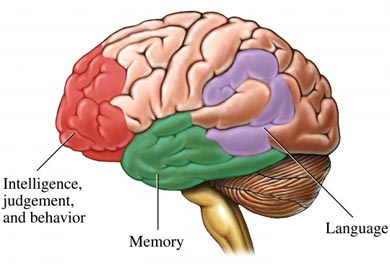What follows is an email I wrote to my friend Christina and then decided I should publish to a slightly wider audience because I spent something like an hour on it:
Here's the trivia:
The line "take the guitar player for a ride" and the rest of that verse on Being There was written by Peter Laughner, who was a Bob Dylan/Lou Reed-type guy who excessed himself to death (drink and drugs) really young. It shows up in this song.
This isn't really trivia, but Being There is kind of a meta-album. The main theme of the album is the relationship between an artist and a listener, which is similar to writing books that work through (or comment on) the relationship between an author and a reader.
During the two hundred-date tour supporting A.M., Tweedy began to write songs for a second album [Being There]. The lyrical theme of the songs reflected a relationship between musical artist and a listener; Tweedy chose this topic because he sought to eschew the alternative country fan base. Ken Coomer elaborated:[18]
The whole No Depression thing was funny to us because people seemed to forget that Jeff was a bigger punk-rock fan than a country fan. It led to things like us all switching instruments on "Misunderstood," where I'm playing guitar.
A number of songs were recorded with this theme, including "Sunken Treasure" and "Hotel Arizona",[19] however, Wilco also recorded a number of songs in the style of A.M.[20]Wilco named the album Being There after a Peter Sellers film of the same name.
For Being There, Tweedy wanted to blend the experiences he had making music with the ones he had listening to music. One of the first songs that Tweedy wrote was "Misunderstood", a song about a tortured musical artist from the point of view of a fan. The song contains several overt references to the breakup of Uncle Tupelo, including the addition of insults that Farrar used against Tweedy—specifically one calling him a "mama's boy". The song concludes with the artist lashing out against the listener with satirical self-pity, a rebellion against the way that fans saw Uncle Tupelo as only an archetype of Gram Parsons inspired country rock.
From me:
That Being There is a meta-album is not something anyone told me, yet, after reading the descriptions of it, it seems completely accurate to say that that's what's going on. I don't doubt that someone else has put this stuff together, but I don't see why none of the reviews or rock criticism I've read have mentioned it (Robert Christgau sort of vaguely commented on its "insularity," which I suppose is hinting at what I'm pointing at).
I guess part of me understands that clinging to certain albums is the role of the fan and not the critic (although critics most certainly do it, and that's part of why the "Top 10"-type lists seem to stay so consistent over time), but the way I keep seeing things like this come together is part of why a band like Wilco matters to me in a way that's more than entertainment.
 |
| You can't find a happy picture of this guy anwhere |
 (By the way, you should read, or read a summary of, Being and Time or something like that. I imagine this would be a good place to start, but I haven't actually read it.) Heidegger is one of the founders of postmodern philosophy.
(By the way, you should read, or read a summary of, Being and Time or something like that. I imagine this would be a good place to start, but I haven't actually read it.) Heidegger is one of the founders of postmodern philosophy.
When I took a class on Heidegger, over and over I thought about how Being There and Being and Time might relate, and I thought Tweedy must have read Heidegger or talked to people about him or something. So far, it looks like I was wrong, but the alignment seems like more than coincidence.
I'm going to put this on my blog now.






